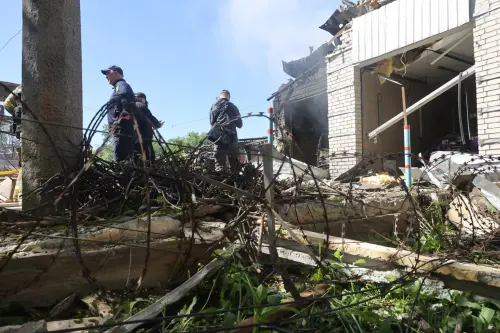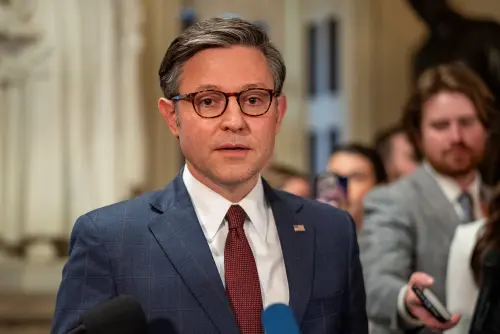“If you want to maximize liberty the optimal amount of NSA surveillance is not zero.” – Benjamin Wittes
The New York Times editorial board writes that Edward Snowden “has done his country a great service” for exposing the extent of the NSA’s surveillance program and that the United States should should afford him some form of clemency. Recently, two federal judges came to opposite conclusions about the constitutionality of the NSA’s program. On December 16, in his decision finding the program likely unconstitutional, Judge Richard Leon wrote that “bulk telephony metadata collection and analysis almost certainly does violate any reasonable expectation of privacy” under the Fourth Amendment. Judge Leon called the case “yet the latest chapter in the Judiciary’s continuing challenge to balance the national security interests of the United States with the individual liberties of our citizens.” Nine days later, in his decision finding the program lawful, Judge William Pauley wrote that “The natural tension between protecting the nation and preserving civil liberty is squarely presented by the Government’s bulk telephony metadata collection program.”
Last year, Senior Fellow Benjamin Wittes, editor in chief of Lawfare Blog, spoke to this issue of the tension between liberty and security on the inaugural Brookings Cafeteria podcast, during which he said:
I don’t mean to say that security and liberty are never in tension with one another, they are sometimes in tension with one another. But they’re not pervasively and always in tension. And if you want to maximize liberty the optimal amount of NSA surveillance is not zero. Because NSA surveillance enables the government to protect us from all sorts of actors that want to threaten our liberty. And so people are too quick … to set these two up in real opposition to one another.
If liberty and security were hopelessly in conflict with one another then the most secure place in the world should be North Korea and the freest place in the world should be Somalia, because it sure doesn’t have any security … they’re obviously not … [and] you need a measure of both for either to exist meaningfully at all.
Listen to the podcast and follow what Wittes and colleagues are saying about liberty and security issues on Lawfare Blog.



Commentary
To Maximize Liberty, the Optimal Amount of NSA Surveillance Is Not Zero
January 2, 2014